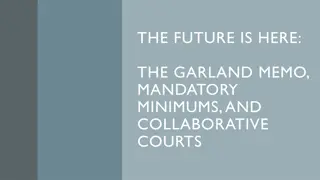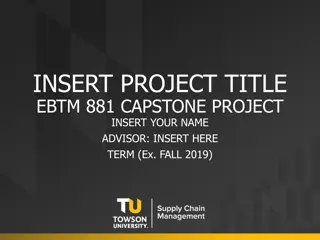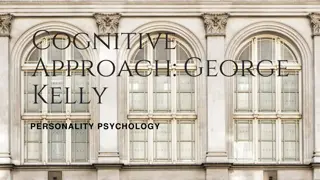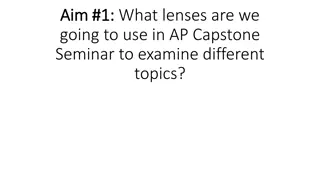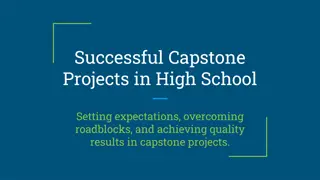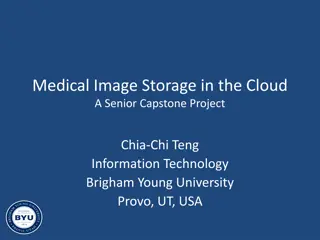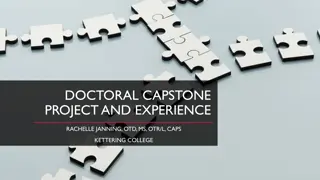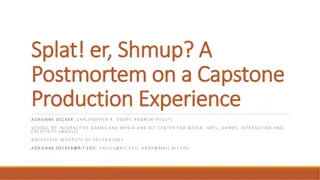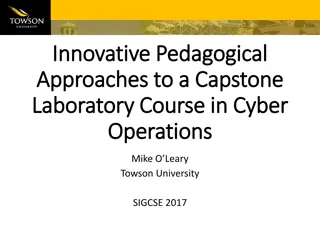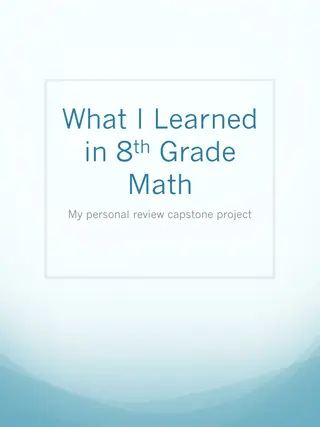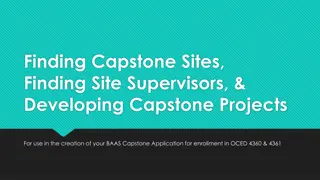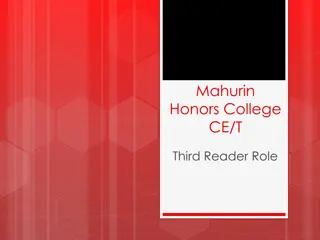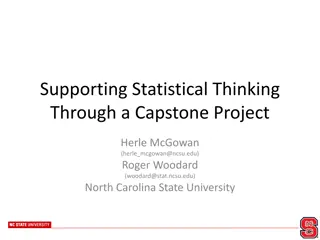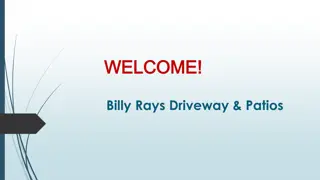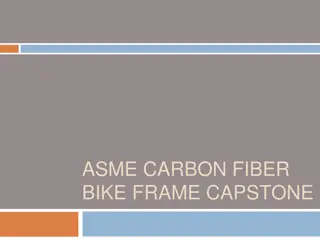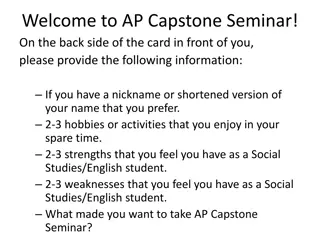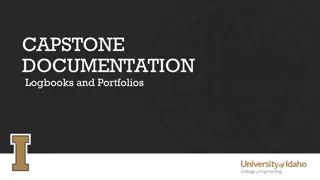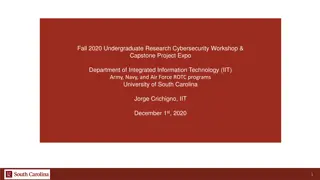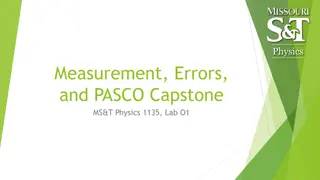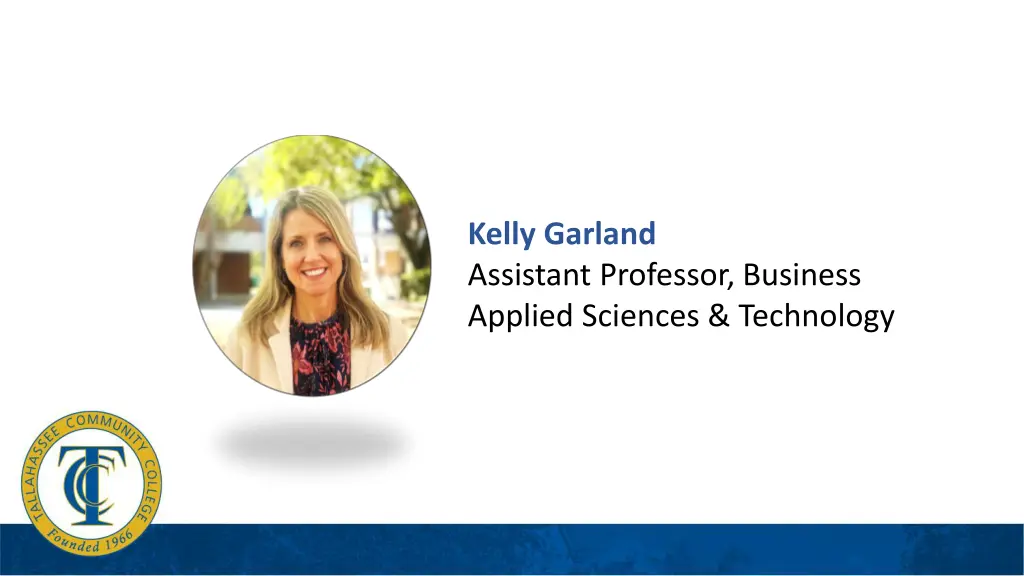
Academic Connections through Project Anchor: Supporting Incarcerated Juveniles
Discover how Project Anchor, a collaboration between the Florida Department of Juvenile Justice and Tallahassee Community College, aims to assist incarcerated juveniles in obtaining work-readiness credentials and pursuing academic programs. The project focuses on removing barriers to postsecondary education access and addressing challenges faced by students in the program, ultimately aiming to improve educational outcomes for youth in DJJ facilities across Florida.
Download Presentation

Please find below an Image/Link to download the presentation.
The content on the website is provided AS IS for your information and personal use only. It may not be sold, licensed, or shared on other websites without obtaining consent from the author. If you encounter any issues during the download, it is possible that the publisher has removed the file from their server.
You are allowed to download the files provided on this website for personal or commercial use, subject to the condition that they are used lawfully. All files are the property of their respective owners.
The content on the website is provided AS IS for your information and personal use only. It may not be sold, licensed, or shared on other websites without obtaining consent from the author.
E N D
Presentation Transcript
Kelly Garland Assistant Professor, Business Applied Sciences & Technology
Building Academic Connections through Project Anchor Capstone Focus Overview: Project Anchor - a partnership between the Florida Department of Juvenile Justice (DJJ) and Tallahassee Community College - assists juveniles who are currently incarcerated to obtain a work-readiness credential or earn coursework in an AA or AS program. Project Anchor youth reside in DJJ facilities throughout Florida. Provides postsecondary education access, thus removing barriers. FY22-23: 1,899 residential commitment arrests in Florida.
Building Academic Connections through Project Anchor Capstone Focus Capstone Rationale: Faculty lacked knowledge about students situation and needs. Students in program were frustrated. Students didn t understand Canvas. Students needed extended time to obtain course materials. Students had limited computer access or no access, if they got in trouble. High failure rates in TCC courses. Residential facility coordinators may/may not proctor exams, depending on their schedule. If you can remove me from this course, please remove me I don't want to do it anymore. - Project Anchor student (September 11, 2023)
Capstone Focus Capstone Recommendations and Timeline Recommendations: Notification system for instructors at the start of semester (Spring 2024). Future suggestions: o Create a faculty advisory panel to work with Project Anchor Navigators. o Create a communication pipeline for student, instructor, Navigator. o Onboard new students and develop a Welcome to the College video message. o Provide Canvas orientation for students. o Create checkpoints with faculty and Navigators to ensure student is persisting and has access to materials. o Measure student performance at the start, midpoint and end-of-term to see how student is performing. Timeline Fall 2024 Monitor results: Fall 2024, Spring 2025 Next report: End of Spring 2025

